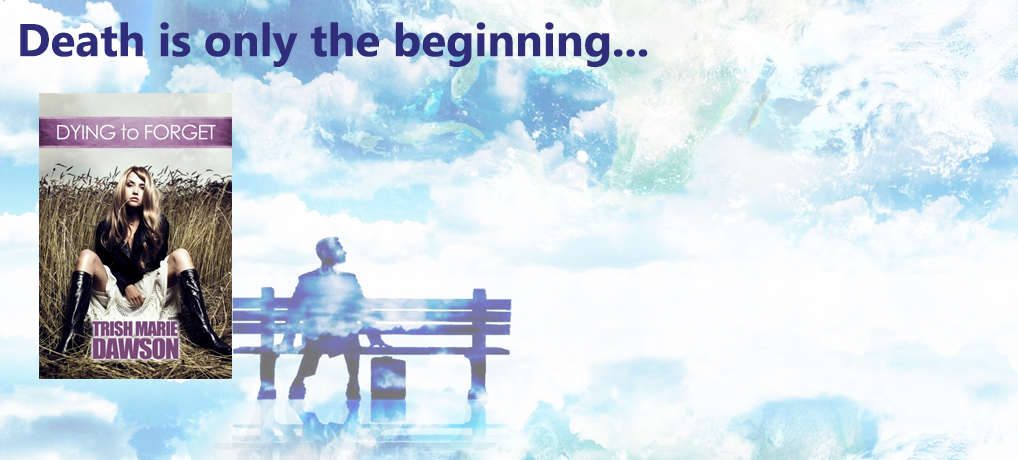 This weekend was a little tougher than most, I attended a child’s funeral. I won’t go into the details as I’d like to protect the identity of the parents, but I can tell you there’s nothing like standing next a small coffin and seeing such a small hole in the ground next to you. It make me think of the others in my life over the years, an old friend I’d lost touch with when I heard she’d passed from cancer, a grandparent who suffered from heart disease, a friend’s husband who died in a motorcycle accident… I’ve said goodbye to quite a few people over the years.
This weekend was a little tougher than most, I attended a child’s funeral. I won’t go into the details as I’d like to protect the identity of the parents, but I can tell you there’s nothing like standing next a small coffin and seeing such a small hole in the ground next to you. It make me think of the others in my life over the years, an old friend I’d lost touch with when I heard she’d passed from cancer, a grandparent who suffered from heart disease, a friend’s husband who died in a motorcycle accident… I’ve said goodbye to quite a few people over the years.
When I started reading Dying to Forget, I was concerned with the subject matter. A teenager, facing impossible odds, takes her own life and is transported to a supernatural place where she’s given an opportunity to make a difference. I was concerned that kids on the edge, who hadn’t found their purpose yet, would be encouraged to prematurely end their life in an effort to find meaning. The more I read about Dawson, the more I’m convinced this was not her intention. But as a book blogger, I still feel an obligation to say that this story is fantasy. There is no such religion or afterlife theory that supports this theory. The Station, as it’s called, only exists in the imagination of Dawson and on the pages of the eBooks based in this afterlife gathering place. With this in mind, please know that not all young adults would be suited to read this story and I always encourage parents to read the same thing their kids do and have open discussions about what the stories reveal to the reader.
That being said, I loved this book. As mentioned above, 18 year old Piper Willow faces some tough challenges in her life culminated by the death of her best friend. Unable to find peace, she commits suicide and finds herself in a “heaven-like” place greeted by a man named Niles. It seems her suicide has won her an undetermined amount of time in what she determines is a purgatory-like place called The Station. At the station, Piper is trained to go into the mind of living people who show signs they are considering suicide and persuade them off the ledge of death.
Her first assignment is a young man named Sloan who is facing a major bout of depression after facing a lifetime of rejection. Slowly Piper works as his conscience to persuade him to get out of the apartment he spends most of his time and exercise, meet new people and let go of his past. On the verge of a breakthrough with Sloan, Piper is suddenly transported back to The Station – the consequences of which are made abundantly clear at the end of the novel.
The story in engrossing and I’m so interested in Piper’s views on what is going on around her. From the moment of her suicide to the moment she’s yanked prematurely from Sloan’s mind, she takes in all these first experiences and literally transports us to this other world. I can literally envision what The Station must look like. And if you like book 1, you’ll love the sequel, Dying to Remember, which I’ll review soon. One thing that wasn’t covered that I think is an important aspect of any suicide is the aftermath of those left behind. I wish there was a way that Dawson could have incorporated more of that in her story.
What do you think of authors who take on controversial topics such as this?

